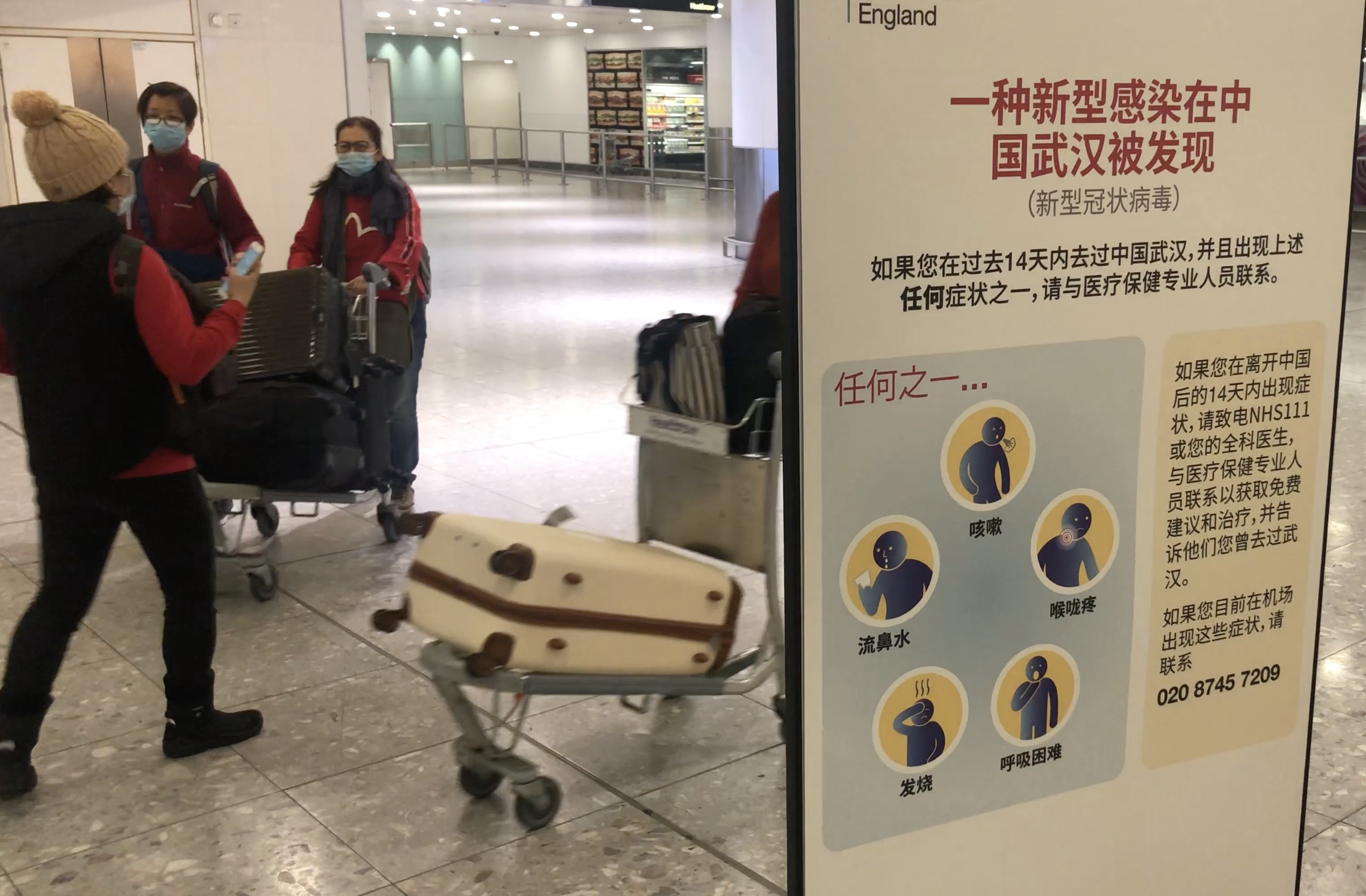Coronavirus: Airlines and airports baffled by quarantine guidelines
‘People will simply choose not to travel to and from the UK, at the same time as economies in Europe begin opening up,’ says letter to prime minister from 28 aviation leaders

Travel bosses have expressed incredulity at the government’s quarantine policy, asking if the intention was to prevent the restart of passenger aviation.
Twenty-eight UK aviation leaders — including chief executives of the biggest airlines and airports — have written to the prime minister to demand a meeting over plans for mandatory 14-day isolation for arriving passengers.
They say: “An open-ended quarantine, with no set end date, will make an already critical situation for UK aviation, and all the businesses we support, even worse.
“People will simply choose not to travel to and from the UK, at the same time as economies in Europe and around the world begin opening up their borders and removing their own quarantines.
“Passenger travel cannot restart, and clarity from government is needed as to whether such an outcome is the intention or expectation of this measure.”
They say they have not received any details of the scientific advice underpinning the measure, nor the conditions and process for withdrawing it.
In his address to the nation on Sunday evening, the prime minister announced that arrivals by air would be required to self-isolate.
The Covid-19 “road map” published on Monday appears to contradict Boris Johnson’s assertion that it would apply only to “people coming into this country by air”.
The document says: “The government will require all international arrivals not on a short list of exemptions to self-isolate in their accommodation for 14 days on arrival into the UK.
It adds that anyone without a pre-arranged place to stay “will be required to do so in accommodation arranged by the government.”
The government said the measures “will be introduced as soon as possible”.
Travellers from the Republic of Ireland, as well as the Isle of Man and the Channel Islands, will be exempt.
The road map promises: “Further details, and guidance, will be set out shortly, and the measures and list of exemptions will be kept under regular review.”
One effect of the quarantine will be to render planned summer holidays to the Mediterranean and beyond impossible for many customers who are unable to meet the 14-day self-isolation requirement for family or professional reasons.
They are not legally entitled to refunds, but big travel companies such as Tui and Jet2 may decide to cancel operations over the summer peak in response, rather than operate with a large number of “no-shows”.
One senior aviation source said: “It beggars belief that a policy that is going to cost hundreds of millions of pounds has been so badly thought through.”
In the Commons, Ian Blackford, the SNP leader at Westminster, asked Boris Johnson when the quarantine would start. The prime minister declined to respond.
But Mr Johnson did reject Mr Blackford’s suggestion that the quarantine policy could be abandoned before it has even taken effect. The SNP MP had asked: “Can the prime minister confirm if his own transport secretary has told airline industry leaders if there are too many obstacles implementing it, it may not even happen?”
The government’s document announcing the changes says: “As the level of infection in the UK reduces, and the government prepares for social contact to increase, it will be important to manage the risk of transmissions being reintroduced from abroad.
“Therefore, in order to keep overall levels of infection down and in line with many other countries, the government will introduce a series of measures and restrictions at the UK border.
“This will contribute to keeping the overall number of transmissions in the UK as low as possible.
“Small exemptions to these measures will be in place to provide for continued security of supply into the UK and so as not to impede work supporting national security or critical infrastructure and to meet the UK’s international obligations.”
Join our commenting forum
Join thought-provoking conversations, follow other Independent readers and see their replies
Comments
Bookmark popover
Removed from bookmarks